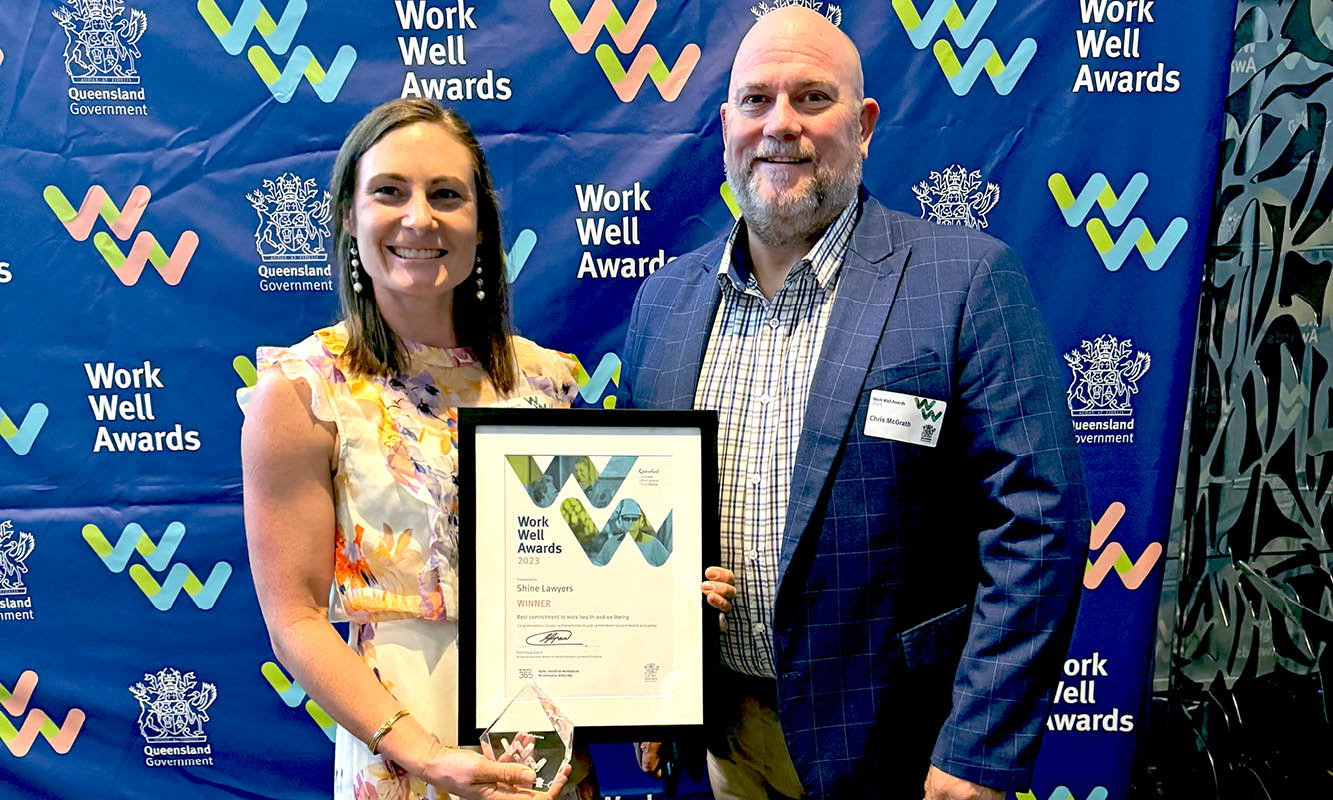What a great world it would be if diversity, inclusion and inequality weren’t words needed to define the workplace. What if these words didn’t have to be accompanied by a discussion around policies that should be implemented, or committees to drive diversity and inclusion in the legal profession?
What if quotas and targets weren’t necessary? Where members of diverse groups were just members. What if everyone went to work to do their job, acknowledging that their job does not define their entire being? What if employees didn’t need to conceal their true selves, their core values and beliefs, or work within confines that did not support their diverse abilities?
Can a world exist where employees don’t fear speaking out or speaking up? In the current climate, it isn’t the case and the fear is very real.
The legal industry of today
We live in a legal world where committees exist to address the promotion of equity, diversity and inclusion in our profession. Often, we wonder why there are so few First Nations lawyers, why we have more female law graduates than males and fewer females in senior management and executive positions.
Why should someone with a diverse ability feel afraid to voice their need for simple infrastructure that allows them to function at their full potential? Or why do we feel like disclosing a mental illness, will hinder our job prospects or cast doubt on our performance?
We also live in a legal world where people hide their sexuality, their personal preferences, their faith, and their beliefs – but we also hold the power to change. We need to encourage others to embrace diversity, to be loud and proud of their dedication to providing a safe workplace!
Finally, everyone deserves to feel that safety when they walk through that boardroom door, but, until we have achieved my utopia, we must celebrate and encourage the advocates and the champions of change.
How to be a champion?
1. Advocate
Advocate, advocate, advocate. Advocacy for the change you want to see can take on many forms. Communicate your core values. You do not have to hold a senior position, or be a decision maker to effect change. Everyone has the opportunity to influence someone else. It may be through organic advocacy in the office, through the positive messaging of the change you want to see – in the office kitchen, or over a coffee. It could be through social media platforms, or through mentorship of junior colleagues. Exercise empathy and think of those who may not be able to speak out or communicate their core values – be their voice too. If you are an influential person, great, use it. Drive change through your many followers. Those messages can be passed into peer groups, organisations, families, community groups, sporting groups.
2. Challenge
Challenge the current culture in your organisation. You may be bringing an idea or concept to your organisation that they had never considered. Challenge the organisation to take up the initiative, to embrace your suggested change. Challenge it to think outside the box.
3. Celebrate
Celebrate the cause you are championing and celebrate being a champion, bringing others along the ride with you. This may be by inviting your colleagues to networking or community events.
4. Call it out and speak out
In the profession, most of us would be aware of recent reports surrounding sexual harassment from some of our interstate counter-parts. These reports have been commissioned as a result of individuals coming forward and sharing their stories. We have also seen recent government initiatives such as Stop It At The Start[1] and the Speak Up[2] campaign, that highlight just how important it is that individuals speak up for themselves, and for others. An effective tool that QLS utilises in its workplace conduct training is the 5D’s of active bystanding[3]. This method can be applied to any situation where intervention or interruption of inappropriate behaviour is required.
Most lawyers are time poor, and the advocacy of championing of change can often take a backseat to the daily tasks of billings, file management and client meetings, but it really is up to each individual to play their part to effect change.
Why is a firm’s culture important?
Costs to Firms
Firms spend a lot of time, money and energy on providing a quality legal service to their clients. They do this by recruiting the best legal talent. But, often the focus on billings, and the provision of that quality client service can overshadow the care a firm places on its people. Simply paying lawyers more, is also not the answer. Lawyers spend an inordinate amount of time in the office. Often, they live and breathe their job and by that give a large part of their soul to their organisation. Firms need to then consider the cost if their lawyers give too much – the cost of attrition is high – it comes in the form of recruiting and training new staff, reputational damage, and the potential loss of clients.
In a report released by the Diversity Council of Australia, the findings detailed that, “until now, Australian organisations have been missing out on important business opportunities by failing to effectively measure the degree and breadth of culturally diverse talent in their leadership team, workforce, customer base, and labour market pool.”
Encouraging authenticity amongst legal staff
Let’s address a hypothetical scenario.
A junior lawyer made an application to start work late one day so that she could observe a religious holiday. Her employer refused that request. Undeterred, the young lawyer made it her mission to educate her firm, and advocate for a policy change within the firm. She collected information and research to support her case for multi-faith diverse and inclusive workplaces, and presented it to her boss. The junior lawyer also started a conversation amongst the workplace. She told her colleagues about her faith, including the days of the year to be observed and why.
She was pleasantly surprised at how interested her colleagues were in this information. One colleague even shared that he too was of a particular faith, but had been reluctant to tell others, or to raise it with the firm that he was unable to eat the lunch that the firm provided at the end of the month as it didn’t align with his dietary needs.
The firm’s leadership listened. It now has a flexible workplace policy that includes the observation of religious, faith, and spiritual days or events. Staff have the option of using a public holiday day on a date connected to their faith. The policy also acknowledges that the significant day may not fall on the same date every year if following a lunar or solar calendar. It allows for bereavement leave by acknowledging that different faiths have different views and practices regarding deaths, funerals and burial ceremonies. The firm’s calendar now includes religious holidays, and the staff now enjoy extended lunch breaks, flexible start and finish times. The senior leadership acknowledges upcoming days of faith through their weekly firm email, and welcome approaches by their staff to provide new information, or new dates to observe.
The end result
The flow on effect of implementing these small acknowledgements and changes can have an undeniable impact on your employees and the firm culture as a whole. The changes allows legal staff to feel recognised, allowing them to bring their full selves to work. This can lead to better staff retention, increased empathy amongst staff for different backgrounds and a healthy curiousity from the firm’s leadership in staff wellbeing.
Job satisfaction is contingent on an alignment of value between the employer and the employees. Let’s make law firms an environment in which staff feel respected and heard.
Law firms as champions
If you are a firm that is leading the way in diversity, inclusion, and the stamping out of inappropriate behaviours, I applaud you. It takes a village, and a plethora of methods to adequately effect change, but if you are, well done. If you’re considering it, fantastic, because the time is now.
And remember, it’s never too late to become a champion.
[2] https://www.jointcommission.org/resources/for-consumers/speak-up-campaigns/
[3] https://services.qls.com.au/web/ItemDetail?iProductCode=PR1703R1














Share this article